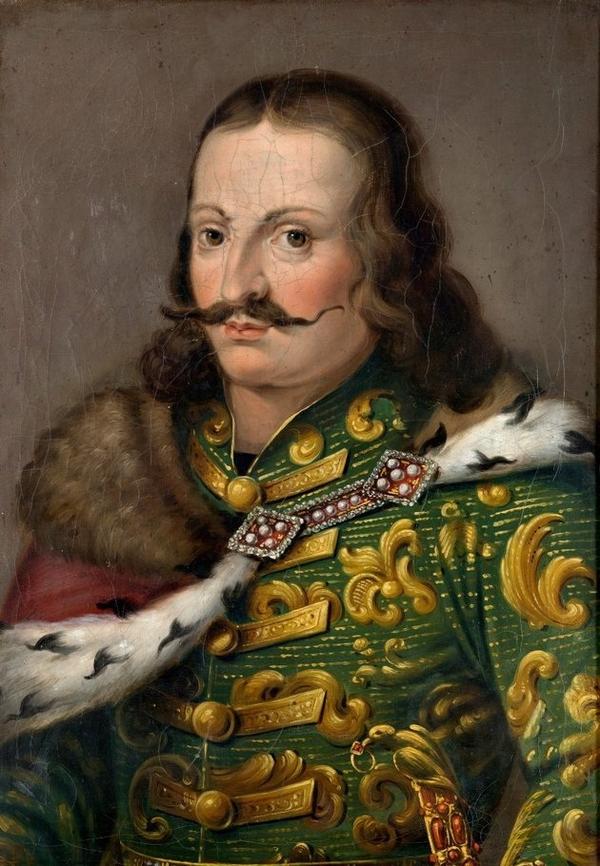John Hunyadi and Noon Bells
July 17, 2025

We were born in Transylvania, in the small town of Hunedoara. The most impressive site in Hunedoara is the Corvin Castle, which was home to Iancu de Hunedoara also known as John Hunyadi or simply John of Hunedoara.
John Hunyadi (1406 – 1456) was a key military figure of the15th century in Transylvania. At the time, Transylvania was part of the larger Hungarian Kingdom. He is best known for defending Christian Europeagainst the expanding Ottoman Empire—most famously during the Siege of Belgrade in 1456, which is directly tied to the tradition of ringing church bells at noon.
Background: Who was John Hunyadi?
- Born into a noble family of Romanian origin in Transylvania.
- Rose through the ranks to become Voivode of Transylvania, Regent-Governor of Hungary
- Became one of the most respected military figures of the time in Transylvania.
- Fought numerous battles against the Ottomans, becoming a symbol of Christian resistance in Eastern and Central Europe.
The Siege of Belgrade and the Noon Bell
Recently, while we were on a tour of Transylvania with one of our groups of tourists, our very knowledgeable Corvin Castle guide, brought up the connection between John Hunyadi and the ringing of the bells at noon in Christian European churches. Upon return from our Transylvania Unveiled tour, I dug into a little bit of research and unraveled the following historical facts.
In July 1456, Sultan Mehmed II led a massive Ottoman army to besiege Belgrade, a key fortress guarding the Hungarian Kingdom.
John Hunyadi, along with Giovanni da Capistrano, a Franciscan priest who rallied thousands of peasant crusaders, mounted a desperate defense of the city. Despite being outnumbered, Hunyadi's forces achieved a stunning victory on July 22, 1456, resisting the Ottomans and halting their advance into Western Europe.
The Noon Bell Tradition
Pope Calixtus III, upon receiving news of the victory, was so overjoyed that he ordered all churches in Christendom to ring their bells every day at noon to celebrate John Hunyadi’s victory at Belgrade.
This Papal decree established the custom of ringing the bells at noon. Some of the meaning and the original context faded over time but the church bells are still ringing every day at noon across Europe especially in catholic churches. Most people don't realize that the tradition commemorates Hunyadi's defense of Europe.
These days when we travel across Europe and we hear the church bells ringing at noon, the sound and the connection to home, to Hunedoara, brings about a warm feeling. It’s an instant connection to our hometown and its deep history.
John Hunyadi’s Legacy
- Hunyadi died shortly after the victory, likely from plague, but became a national hero in Hungary and a respected figure in Romania.
- His son, Matthias Corvinus, later became one of the most beloved Kings of Hungary.
- The noon bell remains an enduring symbol of his triumph even though some of the context was lost to time.

Make an Inquiry
Tell us a bit about yourself and we'll help you find the perfect adventure for you!
.avif)
.avif)
.svg)
.svg)
.svg)